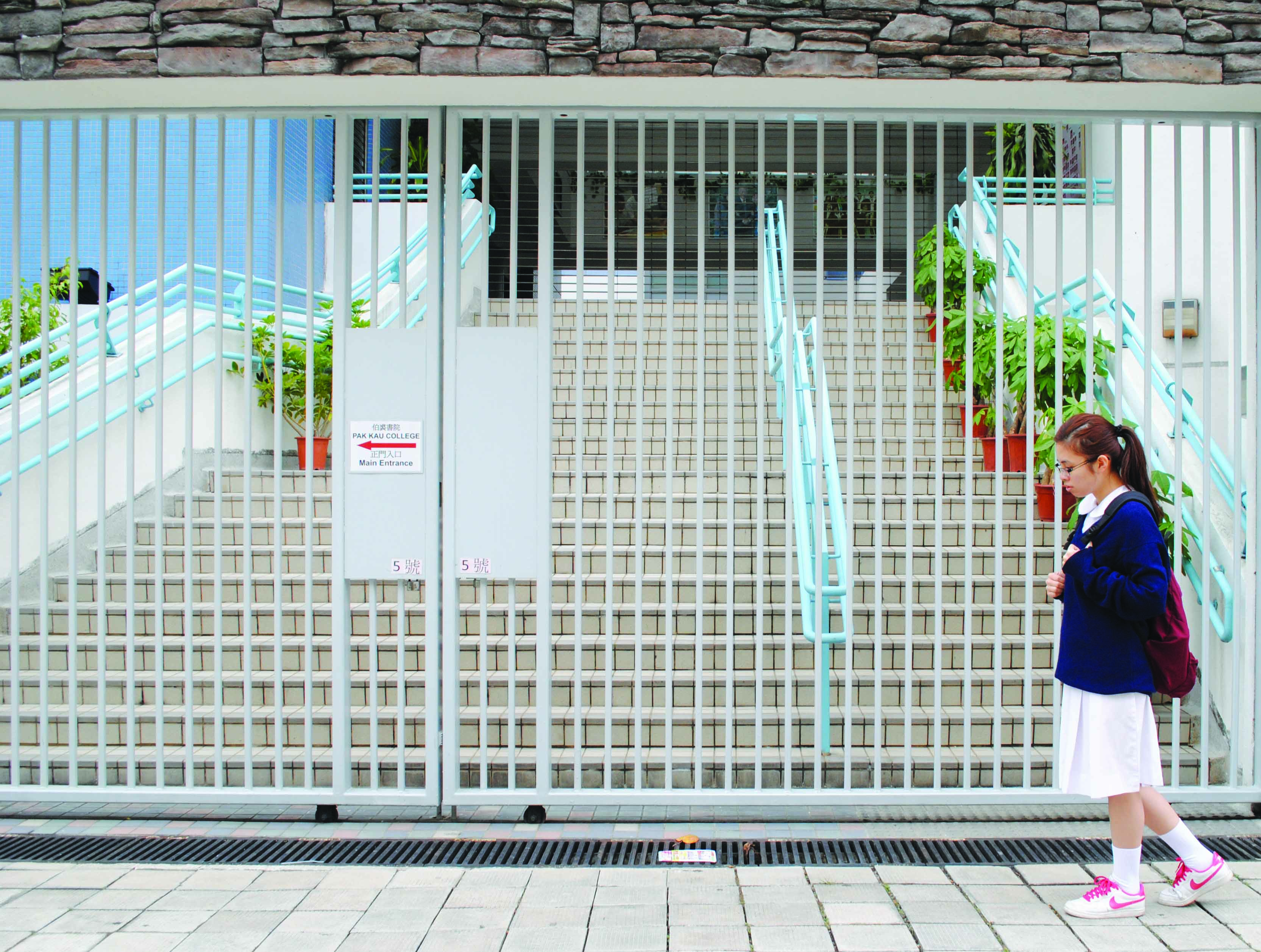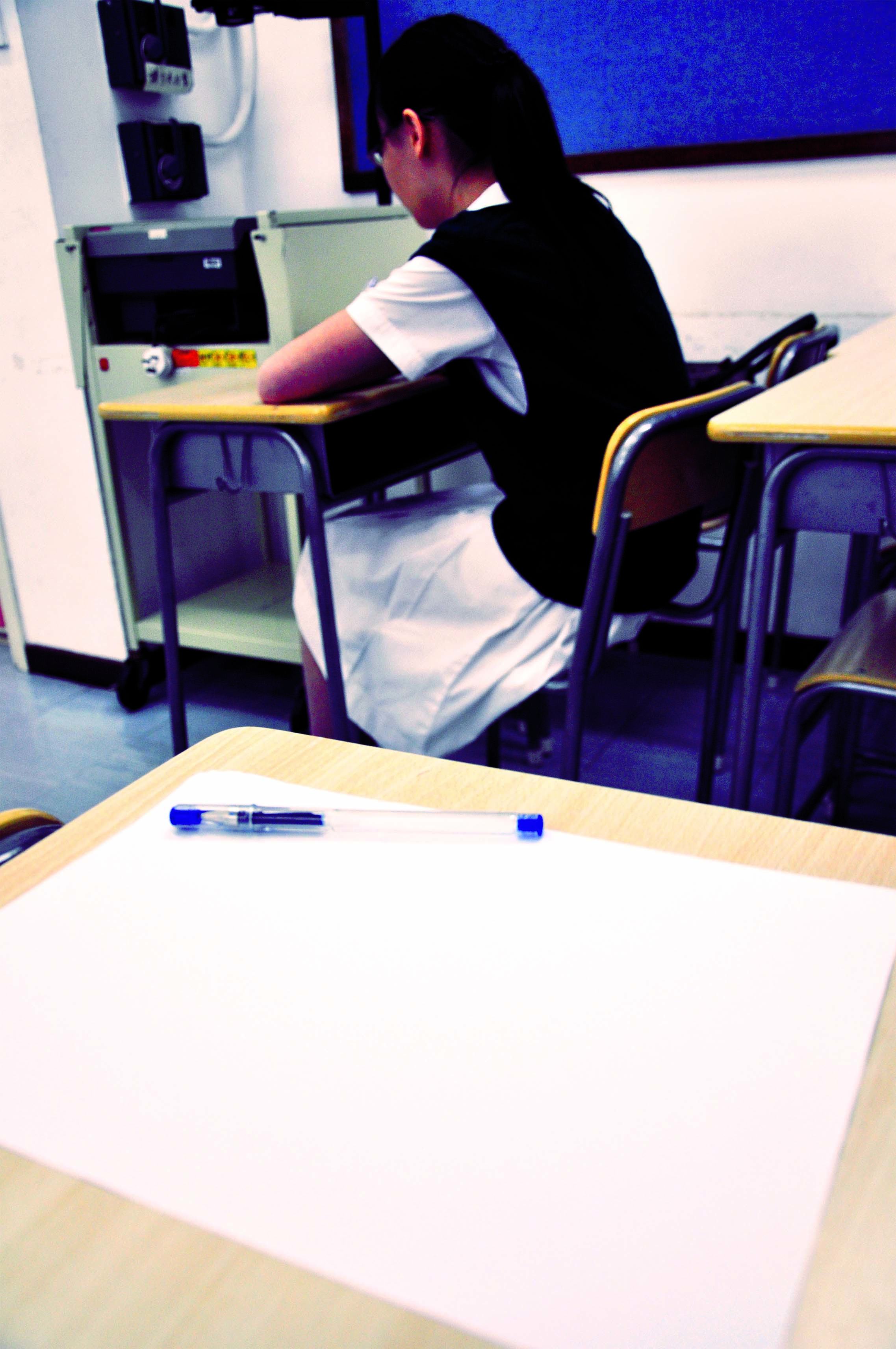When dealing with parents’ complaints, it is important to let the parents know the school is looking for solutions to their children’s problems. “Teachers are the professionals in education. It is important to let parents understand teachers have a belief to help the students and respond to their problems,” Li says.
During his time as a principal, he somtimes faced direct complaints from parents but Li always chose to take a step back instead.
“When parents approached me directly, I would encourage them to talk to the teacher. Usually they would understand the teachers’ standpoint after communication. I would also guarantee to them that teachers would not pick on their children and let them know we are working together for the good of their children.”
Good parent-teacher relations depend on mutual trust and shared beliefs. In many schools, Parent-Teacher Associations (PTA) have been established to enhance cooperation.
Billy Hui Kwok-wai, the chairperson of the PTA of Heung To Middle School, a DSS school, believes that for a school to achieve its goals, there must be a good parent-teacher relationship. However, he thinks the parents’ role should be a secondary one.
“Parents’ participation in the school is confined to six to seven years but the amount of time and effort put into the school by its principal and teachers is much more than that,” he says.
Hui goes further by suggesting that, rather than trying to change a school’s policy, parents should choose schools that share their core values.
Monica Yau, from CUHK’s Department of Social Work says parents should not get involved in areas that can be better handled by teachers.
She believes that when parents intervene in how teachers deliver knowledge, it exerts unnecessary pressure on teachers and leads to physical and psychological strain. Instead, parents should only stand up for their children’s rights in extreme cases, like when students are ill-treated or subjected to verbal abuse.
Most importantly, Yau says the participation of students should be increased. “The school should set the boundary, which is to decide which issues should be decided by students,” she suggests. Once students are given the opportunity to deal with their own problems, parents will see that their children are able to handle them.
Yau also says it is important that teachers do not take criticisms and attacks personally. “Some of the teachers are anxious because they attribute everything to their own abilities,” she says. They worry about negative consequences when they fail to handle parents’ requests properly.
“Young and new teachers, in particular, may find it tedious to listen to advice and complaints from senior teachers and parents,” she says.
Still, parents are not the only source of anxiety for teachers. The school system plays a vital role in easing the pressure on teachers. “It depends on whether or not the school provides a sound system to support teachers in handling complaints,” Yau says.
Chan Tak, the DSS school teacher who was fired from his first job in a DSS school in 2010, questions just how much schools can help teachers facing parents’ complaints. When parents have become customers of education services, DSS schools tend to favour parents and fail to understand the reasons behind teachers’ actions.
“I feel sad. Many of the things I do are for the good of students but people feel I’m torturing them. I feel like I’m being framed,” he says.









































